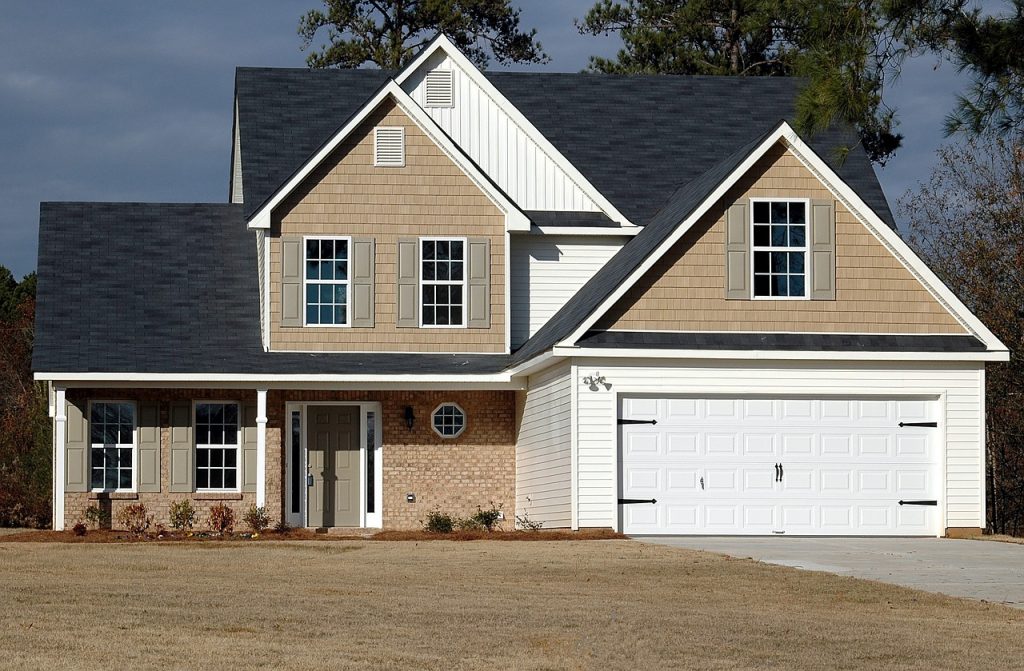One of the initial steps of buying a home is choosing the area where you’ll be based. In picking a house, one of the heavy considerations is the location. It can be a stressful task to take on, especially if you lack knowledge on potential locations.
Planning to live in a city would come with a few more considerations than living in rural or suburban areas. When one of the reasons you’re moving somewhere else is because of your job, you’d have to consider properties that have good access to public transportation lines or the ones closes to where you work to avoid the morning traffic jam.
You’ll also be weighed down by your budget and property size considerations. It won’t be much of a big deal if you’re moving without a family with children because then you won’t have to consider the location of educational institutions or if the area is safe for minors.
To give you a little guide on how you can decide, here’s a list of things you should think about when finding a location:
1. Look with an open mind
To find the ideal locations, it would be best not to rule out specific locations before doing extensive research about them. You could be disliking a certain neighborhood due to things you hear about it without actually witnessing them.
When you rule out an area, you’re missing out on potential advantages.
2. Your budget
This one should be a given, but the excitement that comes with buying a new home—especially if it’s your first time, can overwhelm you to the point that you start ignoring the budget limitations you’ve set when it comes to looking for residential properties for sale around your desired areas.
When you hunt for a new place, your budget should be one of the first things on your list.

3. Research on pricing
If you already have your sights set on specific areas and you’ve narrowed down some properties in those areas that you’re interested in buying, make sure you’re aware of the current and accurate pricing for homes in the market in those areas.
You could be setting yourself up to spending more than you should if you don’t do enough research on the pricing.
4. Observe the neighborhood’s growth
Is the neighborhood you’re interested in looking like it’s geared towards growth in the future? If yes, it should be a plus. A neighborhood that grows in the future will help increase your home’s value, which is a good thing, especially if you’re planning to sell.
Residential areas experience growth when corporations start building offices or branches around the area, meaning more economical movement due to more business transactions and employees flocking in. These phenomena drive housing and commodities prices up.
5. See if the available amenities are the ones you need
Another heavy consideration is what’s available in the neighborhood aside from the property you want. You can’t exactly live by only owning a house. You’ll need commercial areas where you can buy food and other necessities.
You also may require the existence of a nearby gym for your activity needs or good and safe running paths. If you have kids with you, you’d want your new home to be located near a reputable educational institution.
Buying a new home may seem like a nerve-wracking task to fulfill, but it’s that’s actually a good thing. Being cautious about your every move during the process is critical to you making the right decisions. Why? Those decisions will affect you in the long term, and the last thing you want is to regret them because you weren’t careful.
